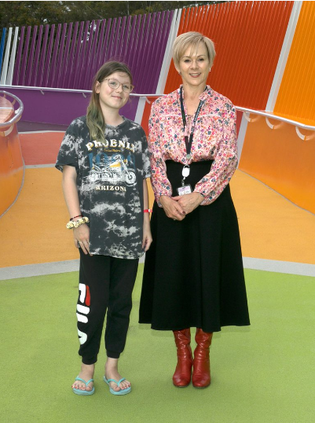|
New Publication
Our second article relating to the ESCALATION project has been accepted for publication with the Journal of Pediatric Nursing. The article is entitled 'Aboriginal perspectives on recognising clinical deterioration in their child and communicating concerns to clinicians' and explores the perspectives of Aboriginal families on escalating care in the context of clinical deterioration. The article is available to read online: https://www.sciencedirect.com/science/article/pii/S0882596321003298 |
|
Child Health Research Symposium
We presented a poster at the Child Health Research Health Symposium hosted at Perth Children's Hospital earlier this month. The symposium is the largest annual gathering of clinicians, researchers, health care workers, and policy makers in child and adolescent health care research in Western Australia. The poster we presented related to our pilot study ‘ACTION: Optimising educAtion for the ESCALATION SysTem through clInical simulatiON'. The study will build on the ESCALATION project by assessing the educational needs of health professionals by assessing their use of the ESCALATION System in clinical simulation. |

|
We will invite 20 participants (16 nurses and 4 doctors) to volunteer to complete the ESCALATION System education and training program and participate in clinical simulation where they will use the ESCALATION System in up to four clinical scenarios. The results from this pilot study will inform the state-wide education and training program for the ESCALATION System which will assist nurses and doctors to identify and care for children who are becoming more unwell in hospital.
|
|
The ESCALATION system is scheduled for implementation at Perth Children’s Hospital in April. Education is underway with nurses and doctors attending face to face education and online educational packages are also available. The staged roll will be supported by dedicated Staff Development Nurses who will support staff in clinical areas in the transition to using the new system. The ESCALATION system was also presented this month at a Grand Round focusing on sepsis (see pictures). Based on the results of earlier trials the system has been refined and key features include:
|
|
Home
About Contact |
|
